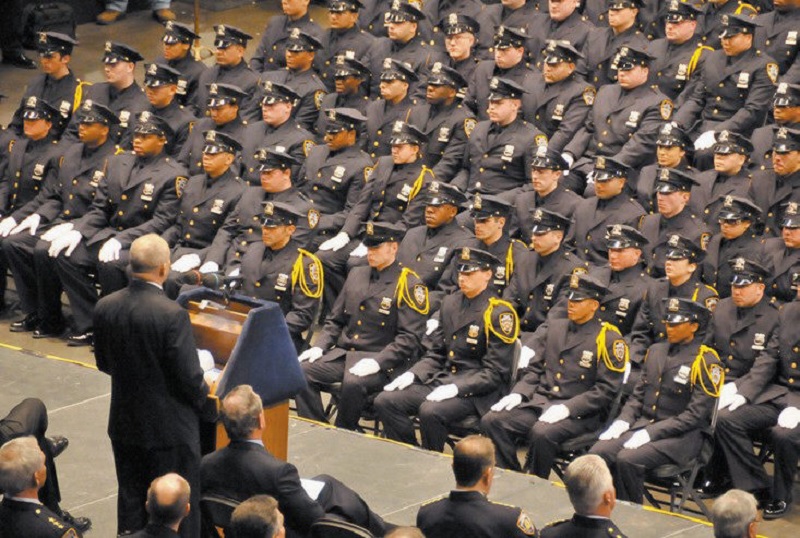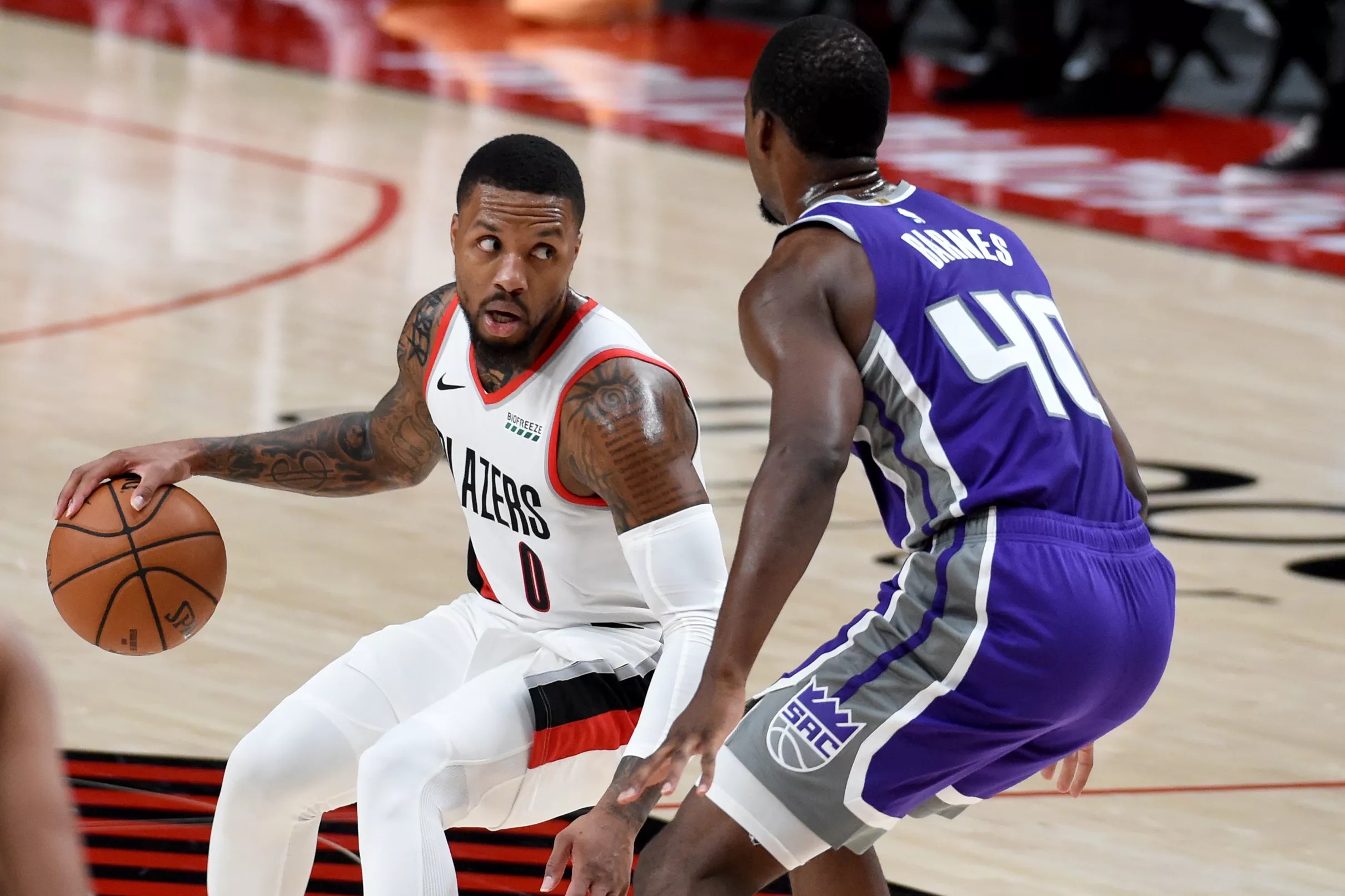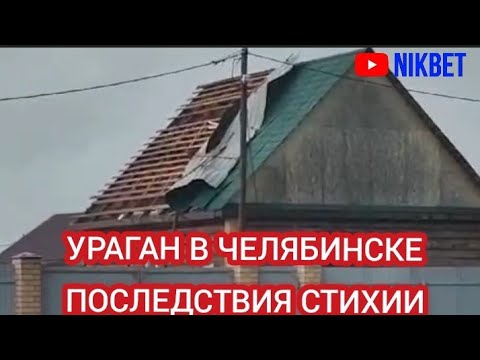Chris Rock Tweet Leads To Police Leader Investigation: Free Speech Implications

Table of Contents
The Tweet and its Context
The Content of Chris Rock's Tweet
While the exact wording of Chris Rock's tweet will not be reproduced here to avoid potential misrepresentation or further inflaming the situation, it is understood to have been critical of a specific police chief, [Police Chief's Name], and may have referenced a particular incident involving alleged police brutality. The tweet, while not explicitly calling for violence, was perceived by some as highly critical and potentially inflammatory.
Initial Public Reaction
The tweet rapidly went viral, garnering thousands of retweets, likes, and shares within hours of its posting. Initial reactions were sharply divided.
- Positive Reactions: Many users praised Rock for speaking out against what they perceived as police misconduct and lauded his use of social media to raise awareness. Some saw it as a necessary exercise of free speech in the face of potential injustice.
- Negative Reactions: Others criticized the tweet as being too harsh, unprofessional, or even potentially libelous. Some argued that it could incite violence or further polarize already tense community relations.
- Neutral Reactions: A significant portion of the online community offered more nuanced perspectives, acknowledging both the potential for valid criticism of public officials and the dangers of inflammatory language online.
Several news outlets immediately covered the story, highlighting the diverse range of online responses. [Link to News Article 1], [Link to News Article 2]. Precise engagement statistics, like the exact number of retweets and likes, are currently unavailable but indicate significant viral spread.
The Police Investigation and its Justification
The Chief's Response and the Investigation's Initiation
[Police Chief's Name] responded to the tweet by issuing a statement expressing disappointment and initiating a formal investigation into whether the tweet constituted a crime. The justification for the investigation centered on concerns that the tweet could potentially incite violence or be construed as a threat.
Legal Arguments Supporting and Opposing the Investigation
The investigation raises complex legal questions surrounding free speech and the limits of public criticism of public officials.
-
Arguments for the Investigation: Proponents of the investigation might argue that the tweet falls outside the protection of free speech due to its potentially inflammatory nature or that it constitutes defamation. They may cite specific local or federal laws regarding incitement to violence or harassment of a public official.
-
Arguments against the Investigation: Opponents would likely argue that the tweet is protected speech under the First Amendment (or relevant equivalent), expressing an opinion on a matter of public concern. They may point to case law protecting criticism of public officials, even if harsh or critical. They may argue the investigation is an attempt to stifle free speech and dissent.
-
Relevant Laws and Statutes: [Mention specific laws relevant to the case, such as those related to incitement, defamation, or harassment].
Free Speech Implications and the First Amendment
The Scope of Protected Speech
The First Amendment of the U.S. Constitution (or equivalent in other countries) guarantees freedom of speech, but this protection isn't absolute. Protected speech generally includes the expression of opinions, even those unpopular or critical of public officials. However, certain categories of speech receive less protection or no protection at all. The question here is whether Chris Rock's tweet falls under the umbrella of protected speech. The concept of "hate speech," which is often debated, is not directly applicable here unless specific elements of hate speech are present, which would need to be analyzed on a case-by-case basis by legal experts.
Limits on Free Speech
Free speech is not without limits. Exceptions include:
- Incitement to Violence: Speech directly urging imminent lawless action is not protected.
- Defamation: False statements harming someone's reputation are not protected.
- True Threats: Statements intending to cause fear of violence are not protected.
Whether Chris Rock's tweet crosses any of these lines is a matter of legal interpretation and will likely be a central point of contention in any legal proceedings that might follow. Similar cases involving criticism of public officials via social media have yielded varied results, depending on specific circumstances.
The Broader Context of Social Media and Public Discourse
Social Media as a Platform for Political and Social Commentary
Social media has become a dominant force in modern political and social discourse, offering a powerful platform for citizens to express their views and engage in public debate. However, this also presents significant challenges regarding free speech, online harassment, and the spread of misinformation.
The Responsibilities of Public Figures and Citizens in Online Interactions
Both public figures and citizens have responsibilities to engage in respectful and productive online conversations. While public officials should expect criticism, the manner in which that criticism is expressed is crucial. Similarly, citizens should strive to express their opinions without resorting to inflammatory language or personal attacks. The spread of misinformation on social media adds further complexity to this challenge. Online accountability, while a difficult concept to fully realize, is crucial for maintaining a civil and productive online environment.
Conclusion
This incident highlights the ongoing tension between freedom of speech and the potential for online discourse to cause harm. Chris Rock's tweet, while expressing an opinion on a matter of public concern, also sparked a police investigation, raising critical questions about the scope of protected speech and the responsibilities of both public figures and citizens in online interactions. The legal arguments for and against the investigation center around the nuances of incitement, defamation, and the limits of protected speech under the First Amendment. The case underscores the complex challenges presented by social media's role in modern public discourse.
The conversation about Chris Rock's tweet and its implications should continue. Share your opinions using #ChrisRock, #FreeSpeech, and #PoliceBrutality, and join the dialogue on responsible social media usage. Understanding the nuances of free speech in the digital age is crucial for a healthy and informed society.

Featured Posts
-
 Gillian Anderson May Return To The X Files Reboot Details
Apr 30, 2025
Gillian Anderson May Return To The X Files Reboot Details
Apr 30, 2025 -
 Schneider Electric Launches Global Ai Partner Ecosystem For Ai Growth
Apr 30, 2025
Schneider Electric Launches Global Ai Partner Ecosystem For Ai Growth
Apr 30, 2025 -
 Can The Portland Trail Blazers Make The Play In Tournament
Apr 30, 2025
Can The Portland Trail Blazers Make The Play In Tournament
Apr 30, 2025 -
 The Big Deal Whats New On 2025 Cruise Ships
Apr 30, 2025
The Big Deal Whats New On 2025 Cruise Ships
Apr 30, 2025 -
 Zakrytie Gorok V Chelyabinske Posledstviya Neozhidannogo Potepleniya
Apr 30, 2025
Zakrytie Gorok V Chelyabinske Posledstviya Neozhidannogo Potepleniya
Apr 30, 2025
